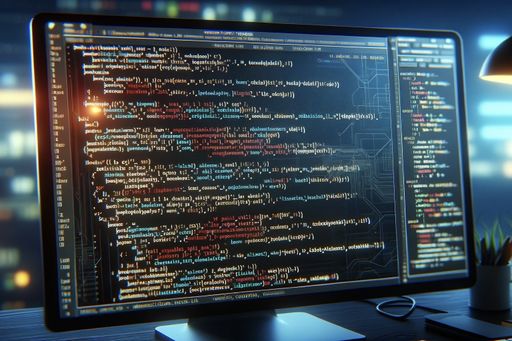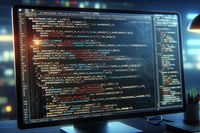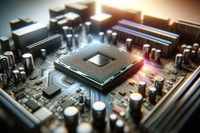Qubits may need to ‘poll the audience’ to arrive at solutions
New research suggests that qubits, the building blocks of quantum computers, may benefit from 'polling the audience' to find optimal solutions.

Understanding Qubits and Quantum Computing
Qubits, or quantum bits, are the basic units of information in a quantum computer. Unlike classical bits, which can represent either a 0 or a 1, qubits can exist in a superposition of both states simultaneously. This property allows quantum computers to perform complex calculations at a speed exponentially faster than classical computers.
However, qubits are extremely fragile and can easily lose their quantum state through interactions with the environment, a phenomenon known as decoherence. To overcome this challenge, researchers are developing various methods to protect and stabilize qubits and enhance their performance.
The Power of Collective Knowledge
In a new study published in the journal Nature, researchers propose a novel approach to solving quantum problems by harnessing the power of collective knowledge. The team suggests that qubits can benefit from 'polling the audience,' a concept borrowed from game shows where contestants seek advice from the audience.
By using algorithms that parallelize computations across multiple qubits, the researchers found that aggregating the quantum states of different qubits can improve the overall accuracy and reliability of calculations. This approach taps into the collective knowledge of the quantum system and can potentially lead to more efficient and robust solutions.
Implications for Quantum Computing and Future Research
The concept of 'polling the audience' in the realm of quantum computing opens up new possibilities for enhancing the capability and resilience of quantum computers.
This research suggests that qubits can leverage their interconnectedness to share information and collectively arrive at optimal solutions. By pooling the quantum states of multiple qubits and considering their collective knowledge, quantum systems can potentially overcome individual qubit instabilities and improve overall performance.
Further research is needed to explore the practical implications and potential applications of this approach. The findings of this study contribute to the ongoing efforts in developing quantum computing technologies and may lead to advancements in fields such as cryptography, optimization, and material science.



